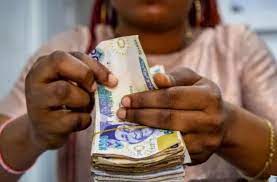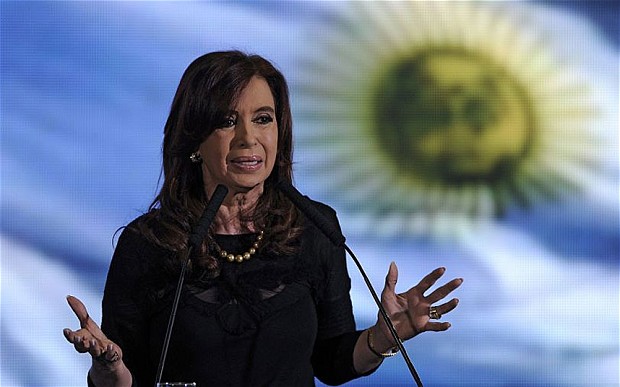Nigeria’s central bank has imposed restrictions on weekly cash withdrawals to limit the use of cash as credit agency Moody’s warned that the country’s banks face tough challenges over a dollar shortage.
Foreign currency risk is “very high” for Nigeria’s banking system, according to a report by Moody’s. Nigeria is one of seven countries worldwide to be designated as very high risk, meaning that banks’ financial performance risks being severely impacted by changes in the exchange rate between the dollar and the naira. Financial institutions in the West African country are particularly at risk because of “the constrained availability of foreign currency liquidity in the country as a result of constraints on domestic oil production, capital outflows, and the increased cost of the country’s imported refined petroleum products, coupled with US dollar strengthening,” says Moody’s Vice President Mik Kabeya.
It comes as Nigeria’s central bank on Tuesday imposed restrictions on weekly cash withdrawals to limit the use of cash in an apparent bid to curb counterfeiting and discourage ransom payments to kidnappers. The country’s authorities have been trying to curb counterfeiting and discourage the payment of ransoms to kidnappers who demand cash. Under a new policy, weekly cash withdrawals for individuals had been slashed to 100,000 Nigerian naira ($225) from 2.5 million naira ($5,638). A majority of Nigerians have no bank accounts and use informal markets where cash is preferred. The central bank also warned commercial lenders against violating the new cash limits, which it said were in line with its policy to promote cashless transactions.



